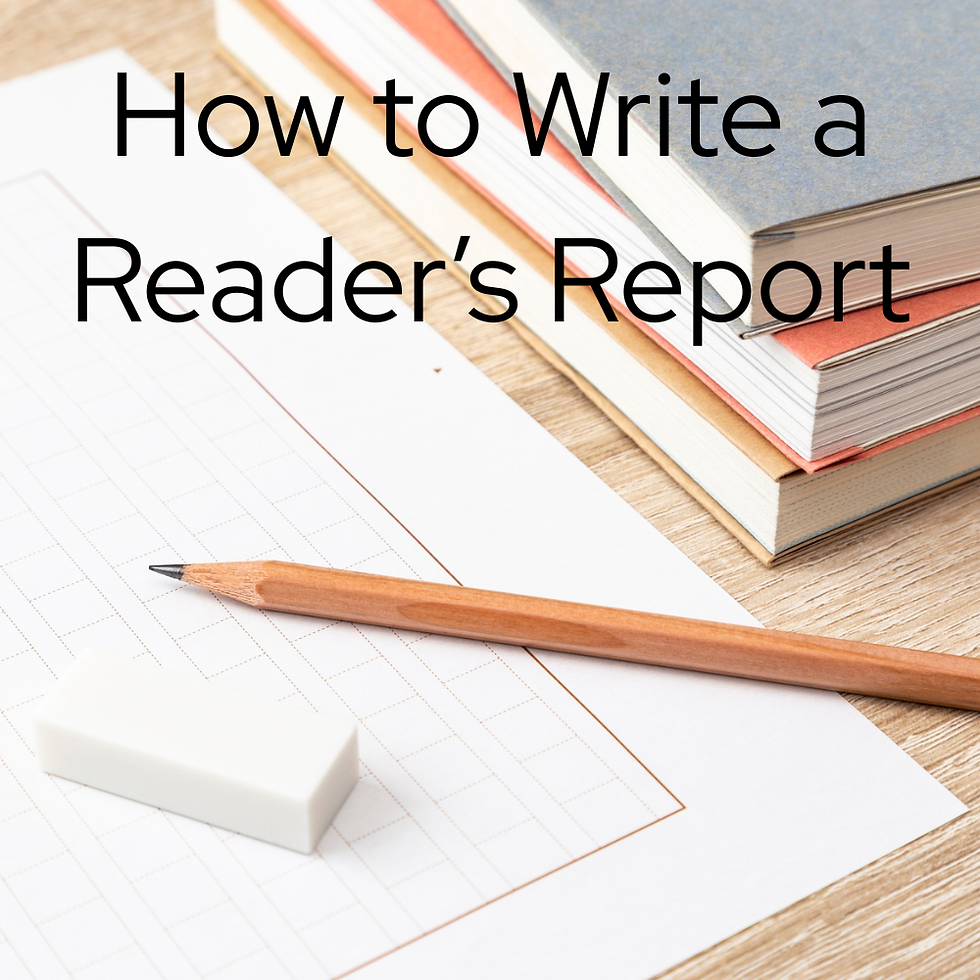Why You Must Be a Reader to Be a Writer
- Emily Stansfield
- Aug 6, 2020
- 3 min read
Updated: Sep 12, 2022

Being an avid reader so that you can be a successful writer should be a no-brainer, right? Well, turns out, not every writer finds it easy to crack open a book on a regular basis. I know I don’t.
Don’t get me wrong—I absolutely love reading! It’s the business of daily life and that desire to write instead that tends to win out in the end. It’s gotten to the point where sometimes I can only devote about twenty minutes before bed to reading. But at least I’m reading.
So, the big question: do we actually need to read so that we can be writers?
Yes. If we don’t read, how will we know anything about what we should write? By reading the works of others, we’re able to learn from them. When I was in elementary school, I read The Frog Princess by E.D. Baker, and that’s when I realized I wanted to be a writer. Not sure what exactly clicked in my brain, but it was a turning point for sure. From that single book, I was able to learn how to use quotes and dialogue tags (commas and all), how to write in first person as well as a plethora of new vocabulary. That book gave me inspiration for one of the genres I ended up falling in love with—fantasy.
As I continued on my writing/reading endeavors from elementary school to middle school, I came to the understanding that I still had so much to learn. Despite sitting at the front of my grammar classes, I felt like I wasn’t learning what a future novelist should be. I mean, fifth grade can only give you so much. So, I began to study everything I read, even JK Rowling’s Harry Potter series. To me, she was like the overlord of the literary world because her books were all anyone could talk about as the movies were still being released at the time.
Still, I bounced around from genre to genre attempting to find myself in a writer’s sense. I had the formatting down, and I could come up with a decent plot, but it wasn’t until I got a hold of Ally Condie’s Matched series in high school that I found my voice.
It’s not that I completely took on the same voice as the narrator in her novel. No. It’s that I could finally see why having a voice in your work is so incredibly important. Not only do we have to tell a great story, but we need to believe in our story as well. That’s when I began to figure out the difference between internalization of characters (a character’s thoughts and emotions; train of thought) and exposition in stories (background information; details that set up a story). I didn’t completely know the terminology for these until college, but I was familiar with what these meant when my professors stuck labels onto them.
What I mean by all this backstory from my awkward tween phase is that reading is going to teach you how to write. The trick here is that you have to consume every word, every punctuation mark, every little scratch of ink on the page so that you can apply the rules and styles of writing to your own work--and ultimately learn how to break them (such as nixing seemingly-necessary commas in a string of dialogue to show the character’s a fast-talker, or speaking all in one breath). We may not all like to sit down and read the works of others, but I promise—it’s totally worth it.
About the author: Emily has loved writing since the second grade, and while she has a stockpile of embarrassing first-draft stories, she will procrastinate on revising anything until college is over and done with. She also has a stockpile of animals to be proud of: her dog, three cats, two guinea pigs, leopard gecko, and her ancient hamster named Justin Timberlake.
.png)



Comments